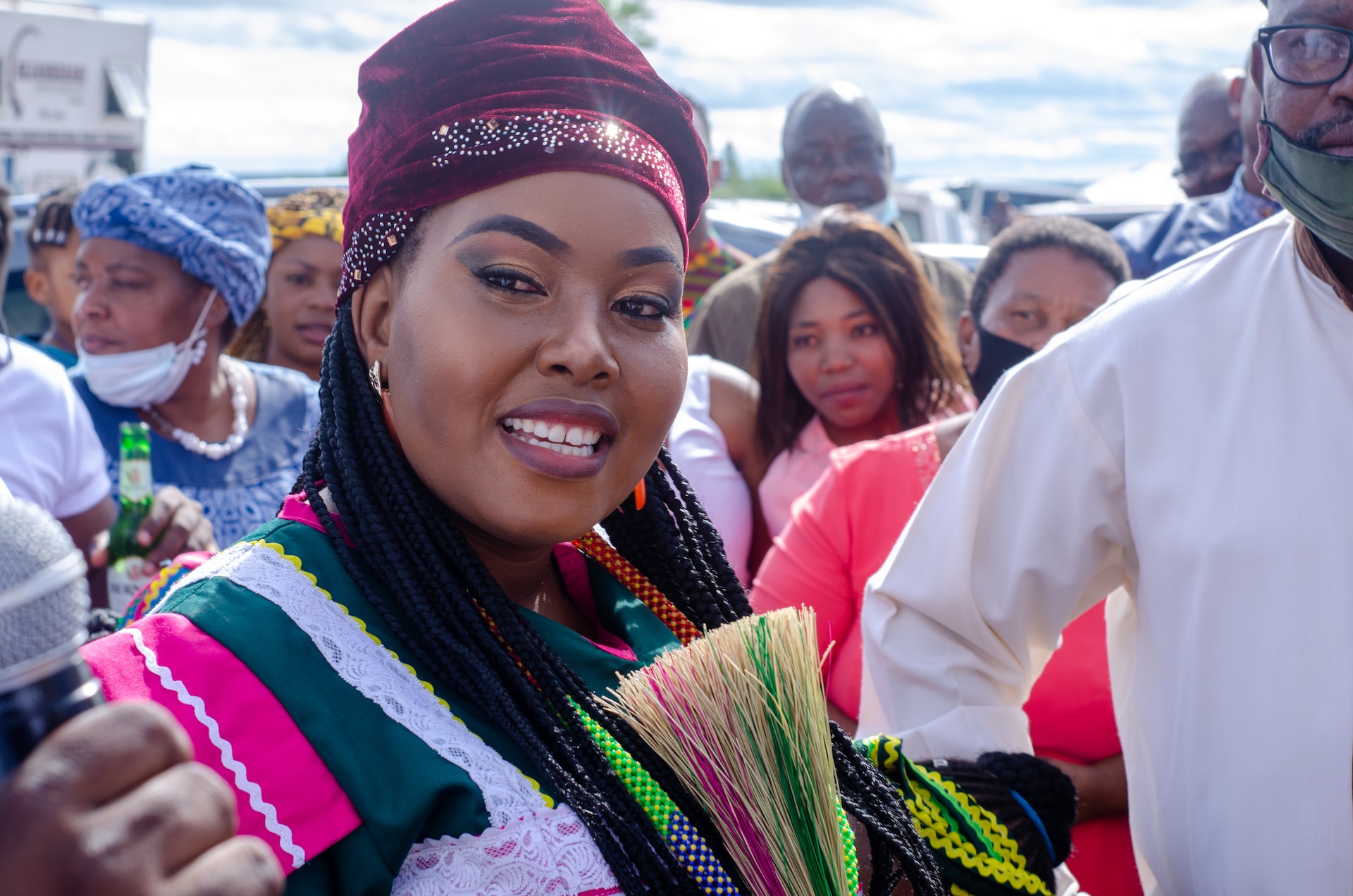South Africa begins own production of groundbreaking HIV-prevention drug
4 min read

South Africa is set to manufacture the innovative HIV-prevention medication, CAB-LA, which will make the life-saving treatment more accessible in Africa. The medication, administered every two months through injection, significantly reduces the risk of contracting HIV through sexual activity. This advancement is anticipated to benefit millions of individuals at risk in Africa.
As a result of a joint effort between CAB-LA developers, ViiV Healthcare, and the Medicine Patent Pool (MPP) supported by the United Nations, South Africa will manufacture an HIV preventative for the first time. This development has significant implications for Africa, as it provides an inexpensive solution to a long-standing issue that has caused much suffering on the continent.
A patent-free, highly effective HIV-prevention drug
A version of the drug with a brand name is available for $3,500 per injection in the USA. However, a new agreement announced in March 2023 allows for the production of a generic version of the drug. A generic drug contains the same chemical substance as a drug that was originally protected by chemical patents. This is significant because it reduces the cost for governments seeking to provide treatment to their populations. Although free HIV-prevention drugs are available in much of Africa, they must be taken daily and are less effective than the cabotegravir injection, which only needs to be taken every two months. The drug almost completely eliminates the risk of contracting HIV through sexual activity.
It is uncommon for Africa to manufacture medicine, even though there is a greater need for certain drugs like HIV-preventatives there than anywhere else. Only 38 countries globally have drug manufacturers, and even fewer create new drugs. This new drug’s availability is anticipated to benefit millions of Africans who are currently vulnerable to HIV infection.
Collaboration in the manufacturing of non-branded medications results in the preservation of human lives.
In March, Cipla, an Indian company, obtained authorization to manufacture the medication through a partnership with the MPP, a United Nations-supported organization. The MPP’s statement is as follows:
Our goal is to enhance the availability and advancement of life-saving drugs for LMICs. We achieve this by utilizing a unique strategy of voluntary licensing and patent pooling.
In order to reach their objective, they collaborate closely with various entities such as civil society, international organizations, industry, patient groups, and governments. Over the course of nine years, from 2012 to 2021, they partnered with 18 patent holders and 56 generic manufacturers to distribute 26.91 billion doses of treatment, resulting in the preservation of at least 18,000 lives.
Groups like the MPP play a crucial role in enabling low-income countries to provide vital and life-saving healthcare to their citizens. Unfortunately, individuals in need often go without necessary treatments and face the risk of death due to limited access to specialized medications. The creators of these medications are often responsible for financial barriers, prioritizing profit over the greater good of society.
The battle persists despite the significant achievement of obtaining a drug for HIV prevention.
The pharmaceutical industry’s control over crucial and life-saving medications has been a persistent issue. The COVID pandemic brought this issue to the forefront as wealthy countries purchased billions of vaccine doses, exceeding their requirements, while low-income nations were left to endure the consequences.
Permitting Cipla to manufacture the essential medication in South Africa is a significant initial move, but additional collaboration with drug manufacturers could yield further benefits. Initially, enabling more firms to produce the same medication would enhance accessibility and mitigate potential shortages, provided that the companies granted access to the information are prepared to produce sufficient quantities. Furthermore, heightened competition results in lower prices. According to a report by the US-based Food and Drug Administration, products with six or more generic producers were on average 95% less expensive than when only a single branded option was available.
Despite the less than ideal circumstances, the capability to manufacture a generic form of CAB-LA within South Africa will result in numerous lives being saved and represents a triumph in the ongoing fight to provide life-saving medications to those who require them.



